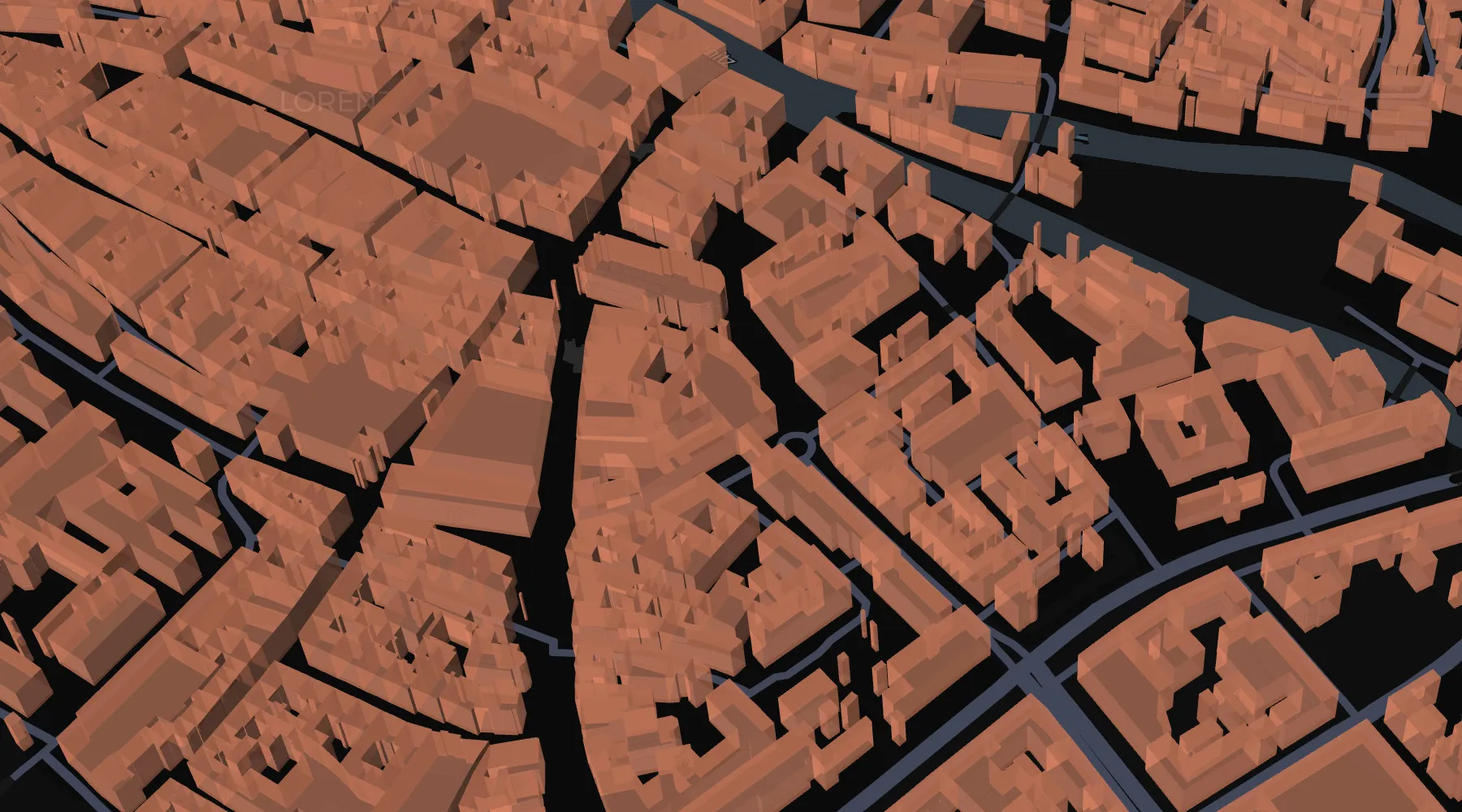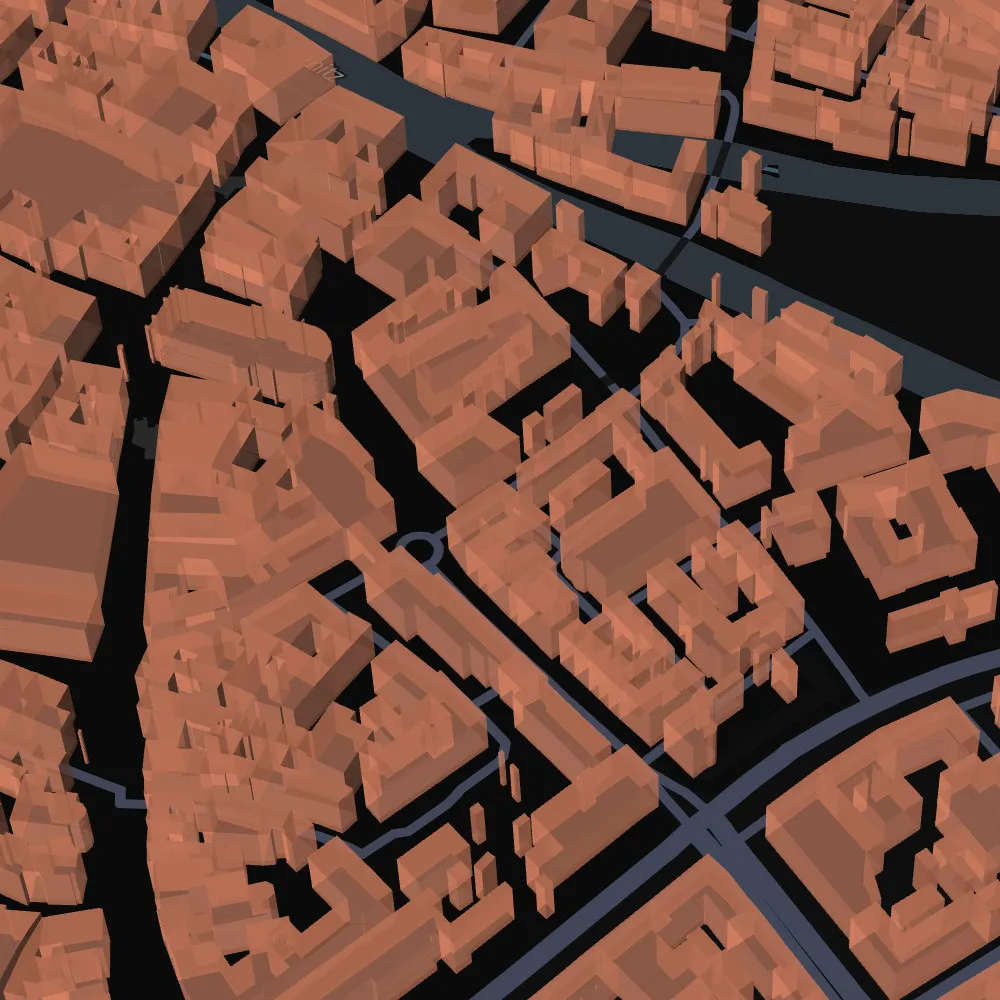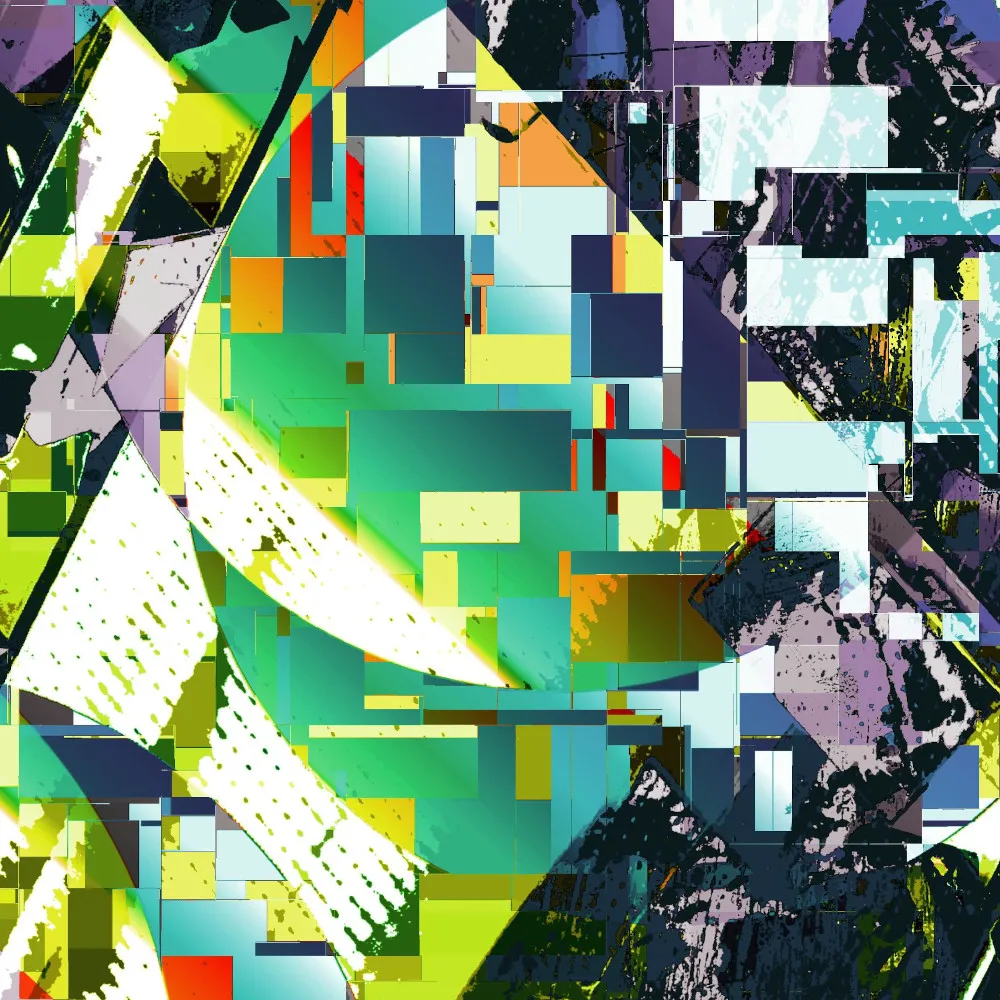Am Beispiel der prekären Arbeit von Essenslieferant:innen untersucht dieses Essay die Kommodifizierung sozialer Reproduktionsarbeit durch digitale Plattformen und die begleitenden Herausforderungen. Zudem wird die Frage aufgeworfen, inwiefern diese Entwicklungen zu einer Repolitisierung und Neubewertung des Wertes von Reproduktionsarbeit führen können. Read more →
Daten und ihre Infrastrukturen lassen sich als transformative und inhärent politische Objekte verstehen. Ausgehend vom Konzept der Datenpolitiken untersucht Martina Klausner dieses Potential am Beispiel der Mobilitätswende in Frankfurt am Main.
Read more →
This conversation with Jennings Anderson explores the evolving landscape of open geospatial data, focusing on ethical considerations, corporate involvement, and digital transformation. As a Software Engineer at Meta, he provides insights into the projects of the Overture Maps Foundation, highlighting potential impact on developers and map creators.
Read more →










